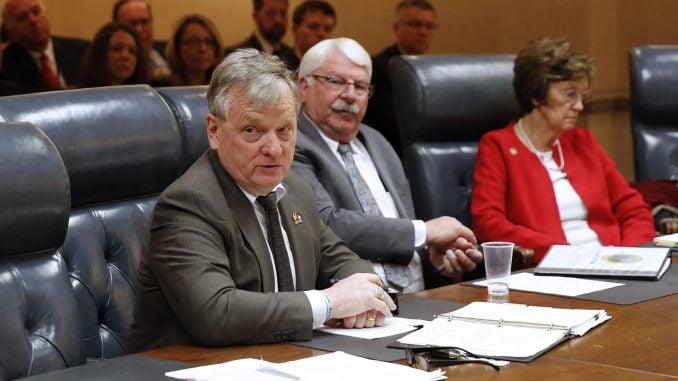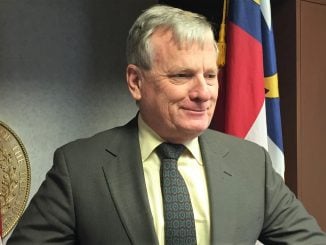
RALEIGH — The State Treasurer’s Office and State Health Plan have reopened enrollment for hospitals to sign up for the State Health Plan Network and the Clear Pricing Project (CPP) rates are being adjusted upward.
In addition, the State Health Plan’s payments to some rural and urban hospitals on average will be increased to almost double the amount paid by Medicare.
“We heard from some that missed the deadline and we have an obligation to our members to do everything possible to fill out this network,” said North Carolina State Treasurer Dale Folwell.
“We’ve had hundreds of conversations with hospitals and other medical providers,” said Dee Jones, executive administrator of the State Health Plan. “We listened, and we heard you. We are absolutely committed to looking at all options that will maintain price transparency, reduce costs and improve outcomes for our members.”
The new sign-up period, which began Monday, will last for 10 days and end at midnight on Aug. 5. Only a handful of the hospitals in the state signed on before the July 1 negotiating deadline.
Folwell said this new proposal was a “final offer” and would give hospitals $116 million more than previously offered. Folwell also said he hopes the offer will urge hospitals to respond and “stop the unreasonable attacks.”
On average, the new increases for medical providers will be from 182 to 196 percent of Medicare, while combined inpatient/outpatient ratios for urban hospitals will go from 178 to 200 percent of Medicare on average.
Under the prior State Health Plan, health care providers would not reveal service pricing or what they were charging, making it difficult to estimate current or future plan costs. Under the CPP, the state sets its own rates which are based on a percentage above what Medicare pays health care providers.
“We have spent our entire time attacking the problem of secret contracts and higher costs,” Folwell said.
According to the treasurer’s press release, North Carolina taxpayers spend more than $3.4 billion annually on health care for state and local government employees both active and retired. Taxpayers will save $166 million and plan members will save $34 million in reduced costs, the release stated.
In addition to the increased average rates and reopened enrollment, Folwell wants to see the State Health Plan Board of Trustees create a new advisory board to recommend changes going forward. The State Health Plan hopes to form the committee as early as this fall.
The new sign-up period and increased rates follow a spate of stenciled messages on sidewalks around Raleigh this month which said “720,000 voters want you to protect their healthcare. PassHB184.com.”
H.B. 184 seeks to stop the Clear Pricing Project but has stalled in the Senate. The website address redirects to the North Carolina Healthcare Association (NCHA), which claimed responsibility for the messages but would not name the vendor they used.
Mike Waldrum, Vidant Health CEO and chairman of the NCHA, found himself on the receiving end of this week of political attack on a website called MillionDollarMike.com.
The website attacks Waldrum for his $1.2 million salary and accuses him and hospital executives of “milking millions” from the State Health Plan while putting more than 720,000 health plan members at risk.
Attempts by NSJ to reach the NCHA for comment were unsuccessful.
Affordable Healthcare for North Carolina runs the site and is a nonprofit offshoot specifically set up earlier this year by the State Employees Association of North Carolina (SEANC) to defend the Clear Pricing Project.
SEANC has also recently criticized other major hospitals and providers, including WakeMed and Novant Health.
“WakeMed made $1.2 billion according to their 2016 tax return, paid their CEO $1.3 million and has millions in an offshore bank account in the Cayman Islands,” said SEANC in a July 19 press release.
SEANC attacked Novant for making “$4.5 billion in 2017,” paying their CEO “$3.4 million” and for having “$3 billion in unrestricted reserves” which is “more than double what the entire state has in the Rainy Day Fund!”


